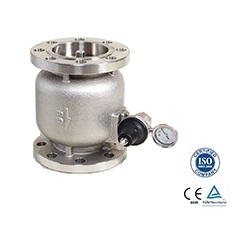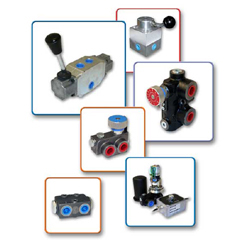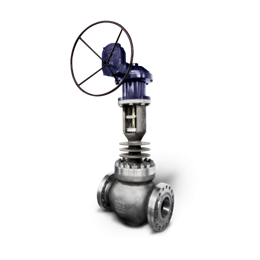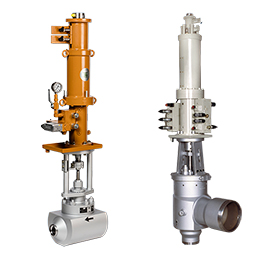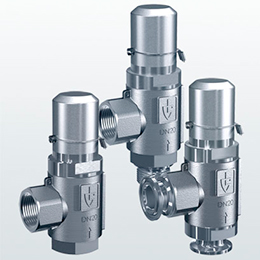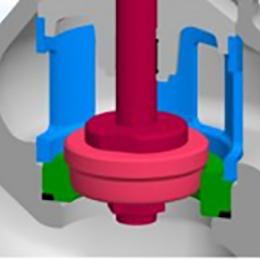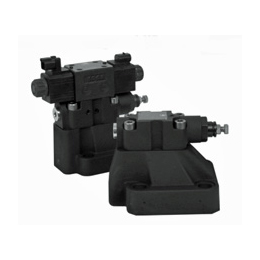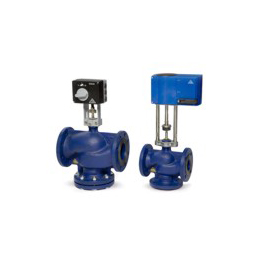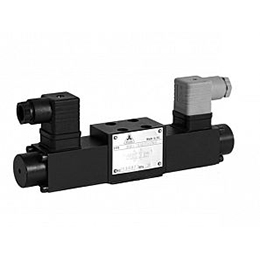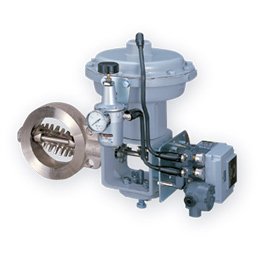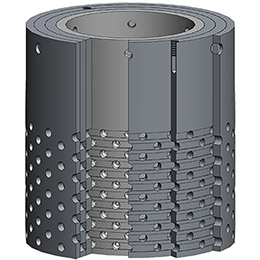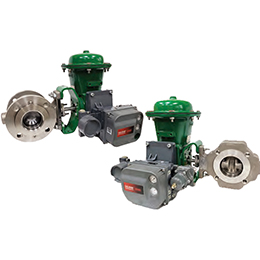Control Valves
The control valves change the size of the flow passage in response to a signal from a controller to regulate the flow of fluids. It controls the movement of fluids like steam, gas, water, and oil. These valves can be turned on or off using electricity, hydraulics, or pneumatics.
Control valve applications in numerous industries
Process industries, such as those that use them, regulate process variables like flow, temperature, pressure, and fluid level.
- Oil and gas: regulate the flow rate, direct the refining procedure, and isolate the crude oil equipment.
- Food and beverage: manage the movement of finished goods to warehouses and incoming feed; to determine the quality of the product, manage the temperature as well.
- Pharmaceutical industry: able to clean and sterilize equipment; ideal for containment in the pharmaceutical industry.
Advantages from Control Valves
- Automatic operation
- Simple installation
- Little waste
- No clogging
- Environmental friendliness, and
- Minimal pressure drop.
Disadvantages of Control Valves
- The control signal must remain on for the duration of its operation.

